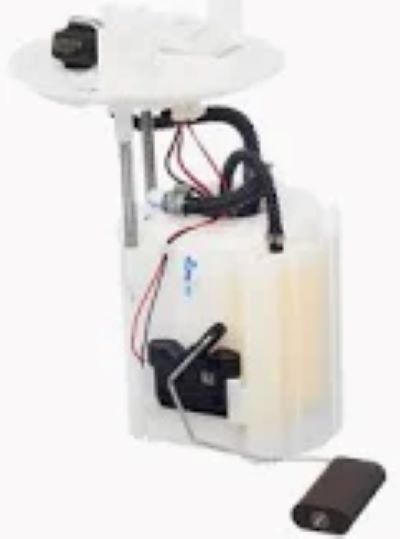Most often, a vibrating fuel pump is symptomatic of other problems with the fuel system that could affect fuel delivery to the engine. In most cases, the fuel pump should run quietly, offering only little noise or vibration. A clogged fuel filter can be one of the more major reasons for the increased vibration, whereby it is forced to work much harder to maintain the required pressure within the system-normally between 35 and 65 PSI in gasoline engines. This, in turn, raises the stress level and causes disturbances in normal pump operation, creating these very vibrations that can lead to rapid wear and tear of internal parts.
Other causes of vibration could be due to air in the fuel lines. The reason for this is that if there are any air pockets, usually due to low fuel levels or leaks somewhere in the fuel system, the pump can't provide a continuous flow of fuel, hence causing uneven performance and increased vibration. A minimum level always recommended for at least a quarter tank of fuel is necessary to avoid this, as this prevents air from being taken in and allows smooth operation of the pump.

Other components of a vehicle involved in reducing vibration include fuel pump mounting brackets and bushings. Worn or loose mounts allow for the pump to vibrate more freely, transmitting these vibrations through a vehicle. Expert auto comptuer ChrisFix says you should check the mounting brackets periodically because a properly secured pump vibrates less and wears out less often. Replacing worn bushings or tightening up loose brackets usually cuts down vibration, protecting not just the pump but also other components within the fuel system.
Increased vibration can also signify an older or failing Fuel Pump. It is true that pumps eventually wear out with time; as inner parts such as bearings or impellers deteriorate, the pump starts making noise and creating vibration since it works hard to sustain fuel flow. If, in such cases, the pumps are near or reach their 100,000-mile life expectancy, they should be replaced to avoid breakdowns. According to Bosch, a leading fuel system manufacturer, typical wear can degrade pump efficiency up to 15% in high-mileage vehicles. Increased vibration is an early warning sign of this process.
Early addressing of the fuel pump vibration prevents other serious issues that might reduce fuel economy or loss of engine performance. Further checks on the fuel filter, proper fuel-level maintenance, and check-ups on mounting brackets are effective to ensure the fuel pump operates smoothly and extends its service life.